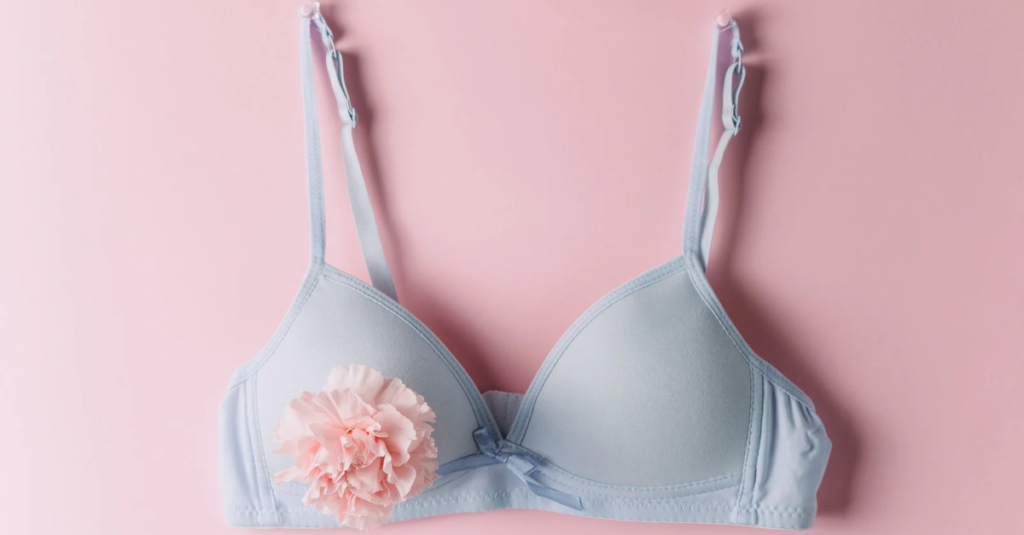How To Maintain Vaginal Health During Periods
Maintaining vaginal health during periods is important for every woman, as it helps prevent infections and ensures overall reproductive health. Menstruation is a natural process that occurs in women every month, and during this time, the body goes through various changes that can affect the vaginal area. However, with some simple tips and practices, it is possible to maintain vaginal health during periods and keep the area clean, fresh, and free from infections. In this article, we will discuss some of the best ways to maintain vaginal health during periods.
- Use the right menstrual products
Choosing the right menstrual products is crucial for maintaining vaginal health during periods. There are several options available, including tampons, pads, menstrual cups, and period panties. Each of these options has its pros and cons, and women should choose the one that suits their lifestyle and preferences.
For instance, tampons are a popular option for many women as they are discreet and easy to use. However, using tampons for extended periods can increase the risk of Toxic Shock Syndrome (TSS), a rare but potentially life-threatening condition. Pads, on the other hand, are safer but can cause irritation and discomfort in some women.
Menstrual cups are a relatively new option, but they are becoming increasingly popular due to their convenience and eco-friendliness. They are also safe and do not increase the risk of TSS. Period panties are another option that is gaining popularity, especially among women who prefer a more sustainable and comfortable option.
- Change menstrual products regularly
Changing menstrual products regularly is essential for maintaining vaginal health during periods. Menstrual blood can create a moist environment that promotes the growth of bacteria and other microorganisms, increasing the risk of infections. Therefore, it is important to change pads, tampons, or menstrual cups at least every 4-6 hours or as needed.
Leaving a tampon or pad in for too long can cause a foul odor and increase the risk of bacterial growth. Additionally, it can also cause irritation and discomfort, leading to infections.
- Clean the vaginal area properly
Cleaning the vaginal area properly is essential for maintaining vaginal health during periods. The area can become sweaty and damp during menstruation, providing a breeding ground for bacteria and other microorganisms. Therefore, it is important to clean the area regularly with warm water and mild soap.
Avoid using harsh soaps or perfumed products, as they can disrupt the natural pH balance of the vagina, leading to irritation and infections. Use a clean towel to dry the area thoroughly after cleaning.
- Avoid using douches
Douching is not recommended for maintaining vaginal health during periods or at any other time. Douching involves using a liquid solution to clean the vagina, which can disrupt the natural pH balance of the vagina, leading to irritation and infections.
Additionally, douching can push harmful bacteria further up into the uterus and fallopian tubes, increasing the risk of pelvic inflammatory disease (PID) and other reproductive health problems.
- Wear breathable underwear
Wearing breathable underwear is important for maintaining vaginal health during periods. Tight-fitting underwear or synthetic fabrics can create a warm and moist environment that promotes bacterial growth, leading to infections.
Cotton underwear is a breathable and comfortable option that helps keep the area dry and free from infections. Avoid wearing thongs during periods, as they can push bacteria from the anus into the vagina, increasing the risk of infections.
- Practice good menstrual hygiene
Practicing good menstrual hygiene is important for maintaining vaginal health during periods. This includes washing your hands before and after changing menstrual products, avoiding shared towels, and using a separate bathroom bin for disposing of menstrual products.
It is also important to avoid sexual intercourse during periods, as this can increase the risk of infections. If you do engage in sexual intercourse during periods, it is important to use protection, such as a condom, to reduce the risk of sexually transmitted infections (STIs). Additionally, it is essential to clean the vaginal area before and after sexual activity, to reduce the risk of infections.
- Stay hydrated and eat a balanced diet
Staying hydrated and eating a balanced diet is important for maintaining vaginal health during periods. Drinking plenty of water helps flush out toxins from the body, reducing the risk of infections.
Eating a balanced diet that is rich in fruits, vegetables, and whole grains helps provide the body with essential nutrients that boost the immune system and improve overall health. Avoiding sugary and processed foods can also help reduce inflammation in the body, which can contribute to vaginal health problems.
- Manage menstrual cramps
Menstrual cramps can be a common problem during periods, and they can be managed with some simple techniques. This includes using a heating pad or taking a warm bath to help relax the muscles and reduce pain.
Taking over-the-counter pain relievers, such as ibuprofen, can also help reduce menstrual cramps. Additionally, practicing relaxation techniques, such as deep breathing or yoga, can help reduce stress and improve overall health.
In conclusion, maintaining vaginal health during periods is essential for every woman, as it helps prevent infections and ensures overall reproductive health. By following the tips discussed in this article, women can ensure that they stay healthy and comfortable during menstruation. It is important to choose the right menstrual products, change them regularly, clean the vaginal area properly, avoid douching, wear breathable underwear, practice good menstrual hygiene, stay hydrated and eat a balanced diet, and manage menstrual cramps. By taking care of the vaginal area during periods, women can ensure that they maintain good reproductive health throughout their lives.

My name is Rohit Vagh and I’m a content writer specializing in fashion and lifestyle. I have three years of experience in this field and have written various articles. My writing style is creative and engaging, and I strive to create content that resonates with my readers. I have a deep passion for fashion and am constantly researching the latest trends and styles to make sure my readers are up to date. I’m excited to continue my career in blogging, and I’m always looking for new opportunities in the fashion and lifestyle space.





